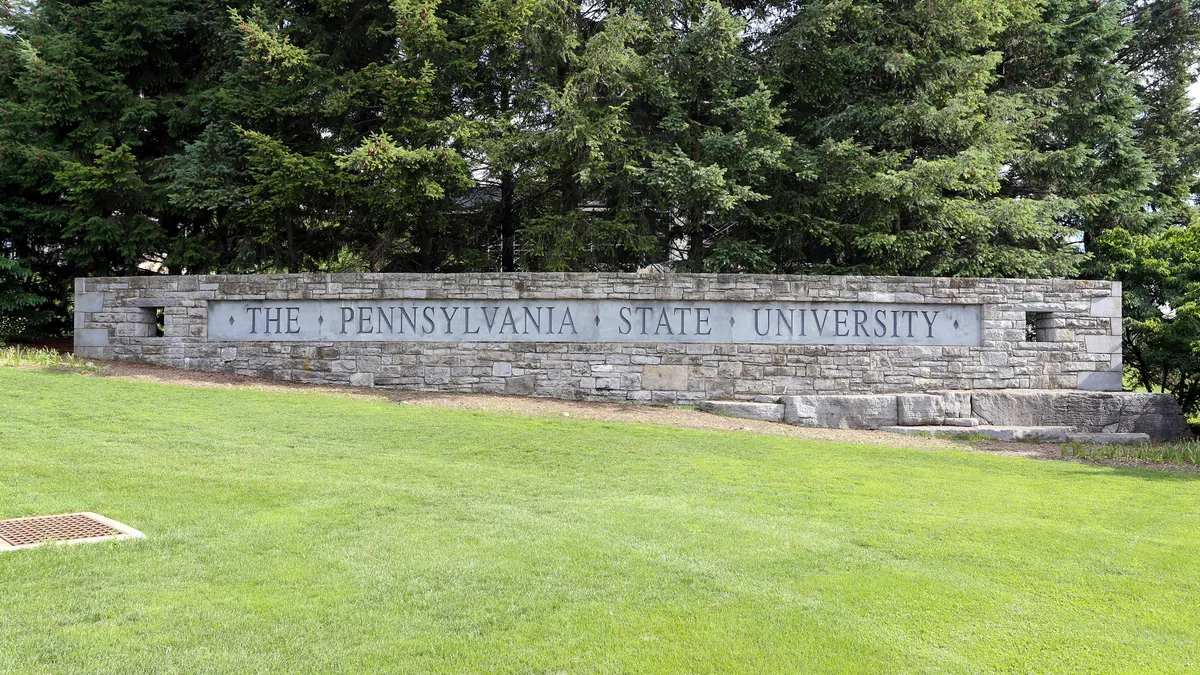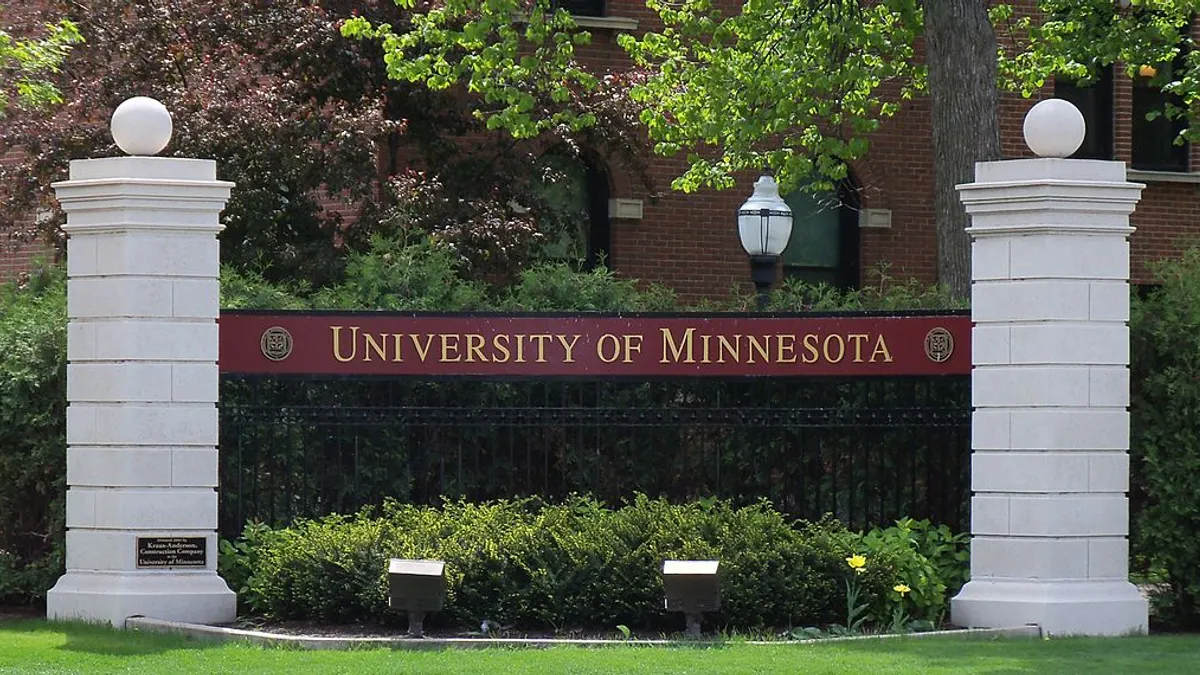Dive Brief:
-
The U.S. Department of Education announced Thursday that it is eyeing changes to a Trump-era regulation that bars colleges from denying faith-based student groups the same rights as other clubs, even if they require their members to hold certain religious views.
-
The agency did not specify which parts of the regulation, called the free inquiry rule, it plans to roll back. The regulation also requires public colleges to uphold the First Amendment and private colleges to follow their own free speech policies.
-
Thursday's announcement centered on how colleges should treat student groups and activities. The agency is reviewing the regulations with a focus on "several key elements," it said, including First Amendment rights, nondiscrimination requirements and creating inclusive learning environments.
Dive Insight:
The announcement signals the new administration is considering undoing yet another Trump-era rule.
Under President Joe Biden, the agency started a massive rewrite of the previous administration's rules governing Title IX, the federal law barring sex discrimination on college campuses. It has also set its sights on strengthening other regulations to protect student borrowers.
The free inquiry rule stems from an executive order former President Donald Trump signed in 2019 that requires public colleges to protect First Amendment rights or risk losing federal research dollars. Critics said the move was unnecessary, noting public colleges already have to uphold First Amendment rights.
The order directed a dozen government agencies to ensure colleges receiving such funds "promote free inquiry," leading the Education Department to issue new regulations the next year.
The rule bars public colleges from denying religious student groups the same rights as other clubs because of their "beliefs, practices, policies, speech, membership standards, or leadership standards" that are informed by their faith. Rights that can't be denied include university funding.
Under the Trump rule, colleges can still implement all-comers policies, which require all student groups to have open membership and leadership policies to receive campus funding.
But if schools don't have an authentic all-comers policy, they must recognize religious students' groups with certain membership requirements, according to a 2020 post from NASPA - Student Affairs Administrators in Higher Education. Although some faith-based groups applauded the rule, critics say it prevents colleges from stopping groups from discriminating based on factors such as religion and sexual orientation.
The public will have a chance to comment on the Education Department's new rule.
"We urge public colleges and universities and their students to engage thoughtfully on these matters, holding paramount the goal of creating environments in which all students have the opportunity to learn and thrive," Michelle Asha Cooper, acting assistant secretary for the Ed Department's postsecondary education office, wrote in the announcement.










